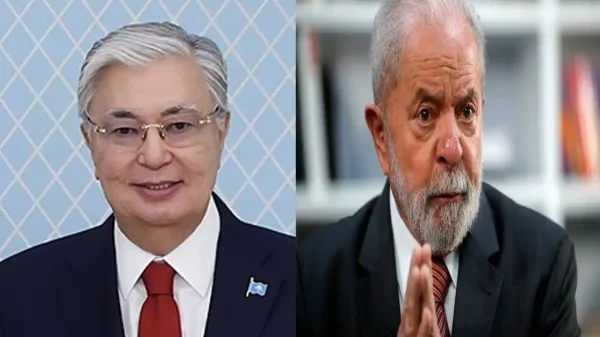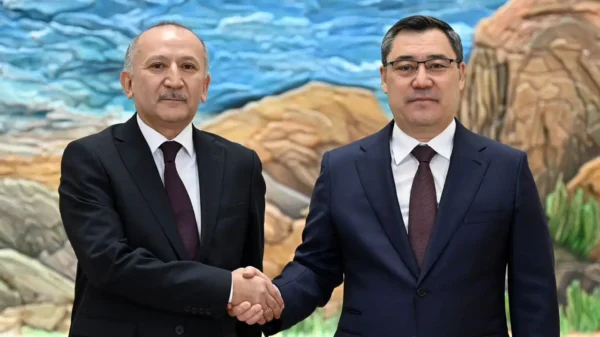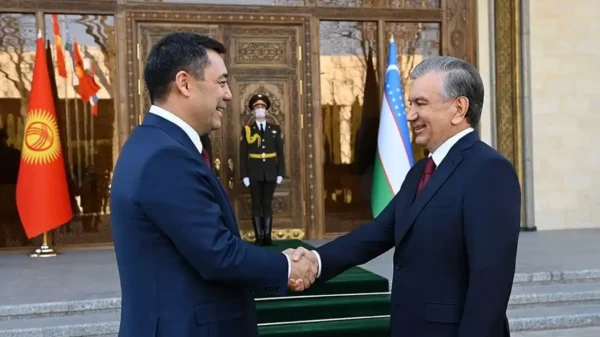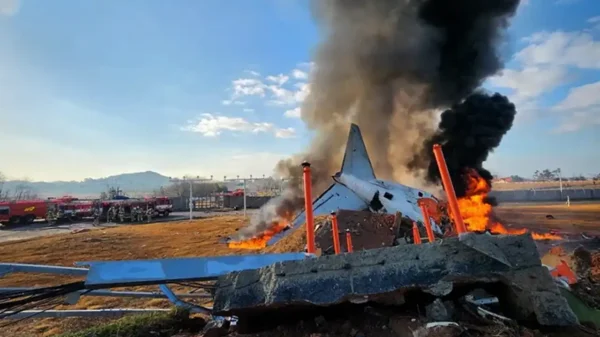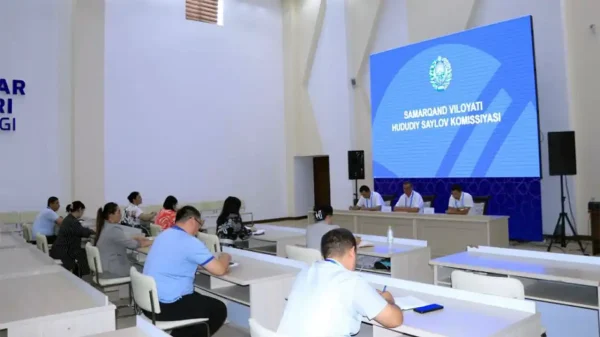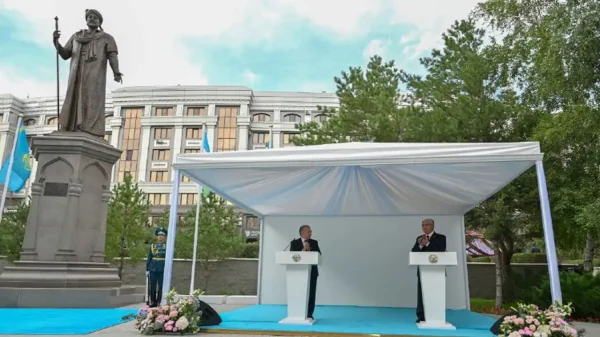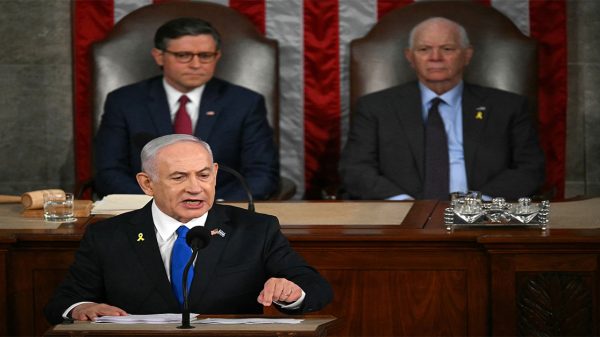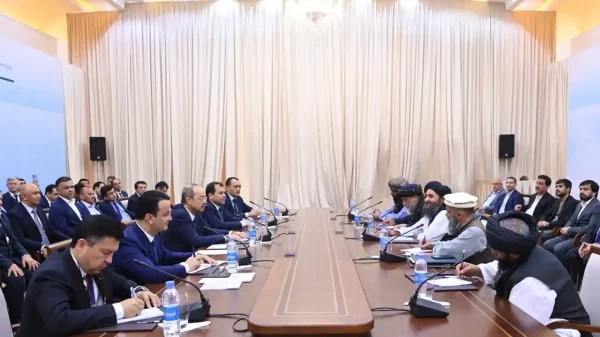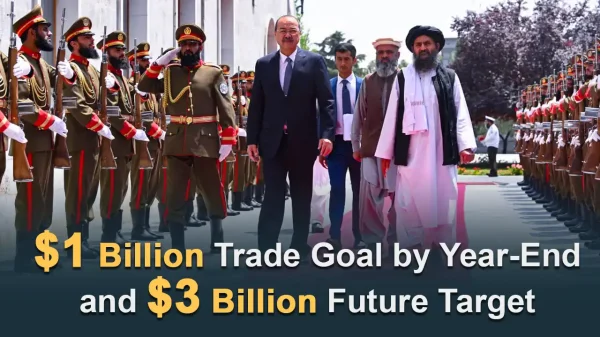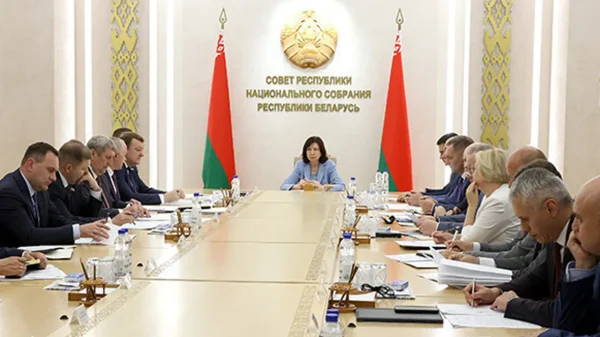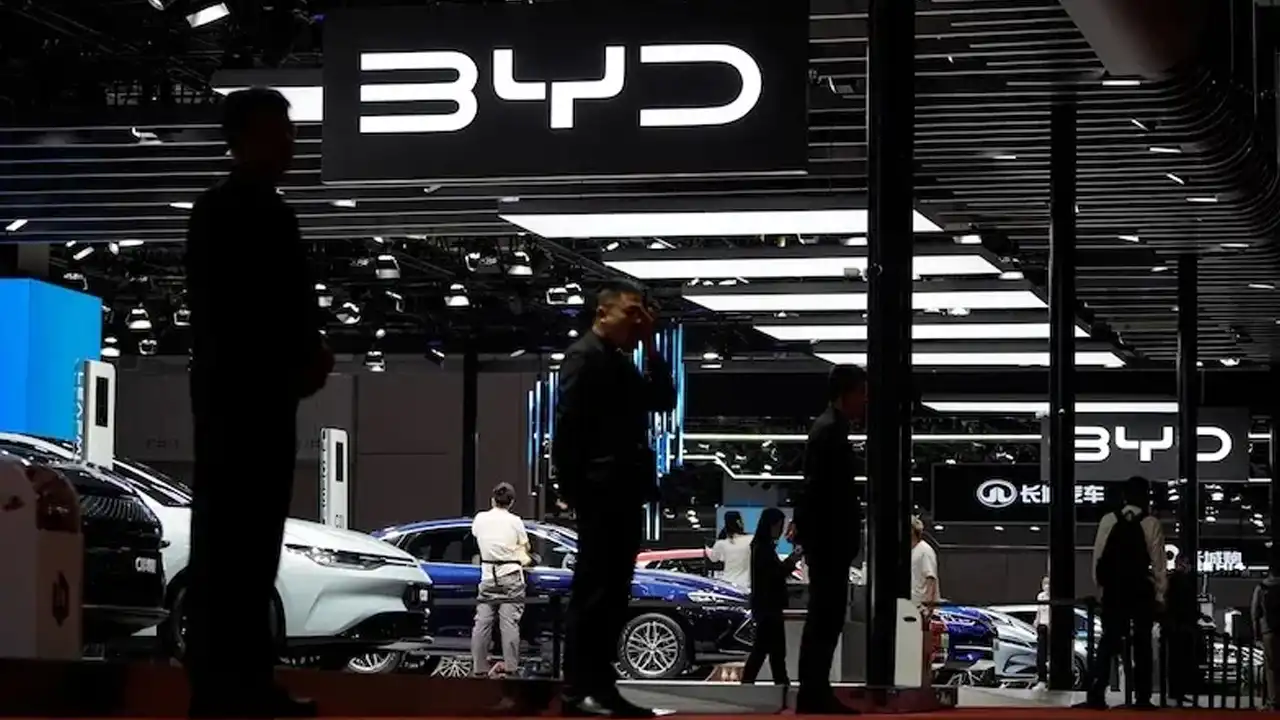China’s automotive giant, BYD, has announced its decision to build a billion-dollar factory in Turkey, a move that marks a significant development in the relations between the two countries. The factory, set to produce 150,000 vehicles annually, is aimed primarily at serving the European Union market. This deal, sealed in a ceremony attended by Turkish President Recep Tayyip Erdogan, symbolizes a new chapter in Turkish-Chinese relations.
China – Car Factory
Analysts believe this agreement is a turning point, with Turkey positioned as a critical transition hub between China and the EU. Sibel Karabel, director of the Asia Pacific department at Istanbul’s Gedik University, emphasized the strategic importance of this deal, noting that it could help reduce Turkey’s trade imbalance. “This collaboration allows Turkey to benefit from China’s advanced technologies,” Karabel added.
Beyond economic benefits, China’s decision to invest in Turkey is seen as part of its broader strategy to expand its global influence, especially in competition with the United States. The planned factory could help China bypass new EU tariffs on vehicles, making Turkey an even more crucial partner.
Turkey’s involvement in China’s Belt and Road Initiative (BRI) further cements its role in connecting China to Europe through Ankara’s Middle Corridor Initiative. However, Ceren Ergenc, a China specialist at the Centre for European Policy Studies, warns that past collaborations between the two nations have often been more talk than action. Ergenc cites China’s perception of Turkey as a high-risk political environment as a major deterrent to previous investments.
A significant concern overshadowing this deal is Turkey’s support for China’s Muslim Uyghur minority. Ankara has been a vocal critic of Beijing’s treatment of Uyghurs and has provided refuge to many Uyghur dissidents. Some fear that China’s investment could be tied to an extradition agreement, potentially endangering Uyghur dissidents in Turkey. Cagdas Ungor of Istanbul’s Marmara University noted rumors that China is pressuring Turkey to ratify such an agreement, raising concerns about the future of Uyghurs in the country.
Despite these tensions, Turkey and China are finding common ground on other diplomatic issues, particularly regarding the situation in Gaza. Both countries have criticized Israel’s actions against Hamas, aligning their foreign policies in contrast to Western nations. Last month, Ankara welcomed Beijing’s decision to host Palestinian leaders, signaling a potential basis for future cooperation between Turkey and China.
As Turkey and China navigate this complex relationship, the BYD factory deal highlights both the opportunities and challenges ahead. While the factory represents economic growth and technological advancement, it also brings to light ongoing concerns about human rights and geopolitical strategies. The future of Turkish-Chinese relations will likely hinge on how these issues are managed in the coming years.










